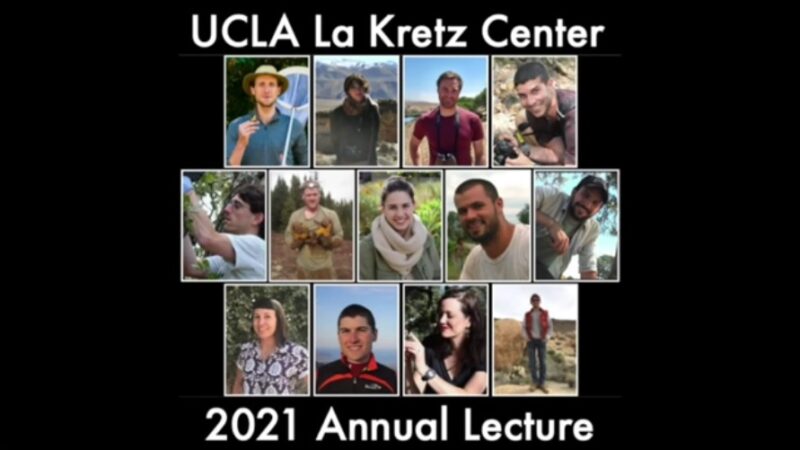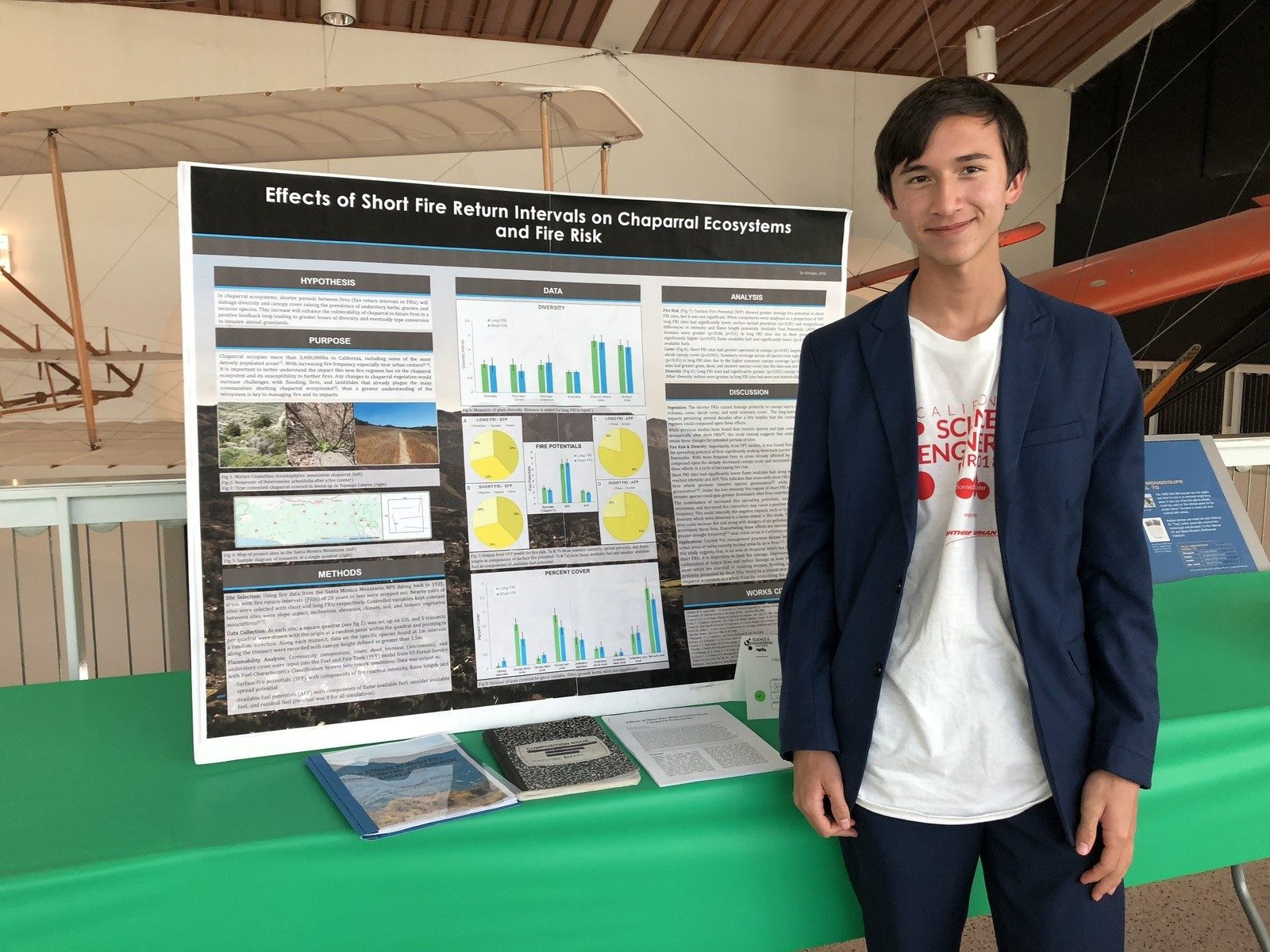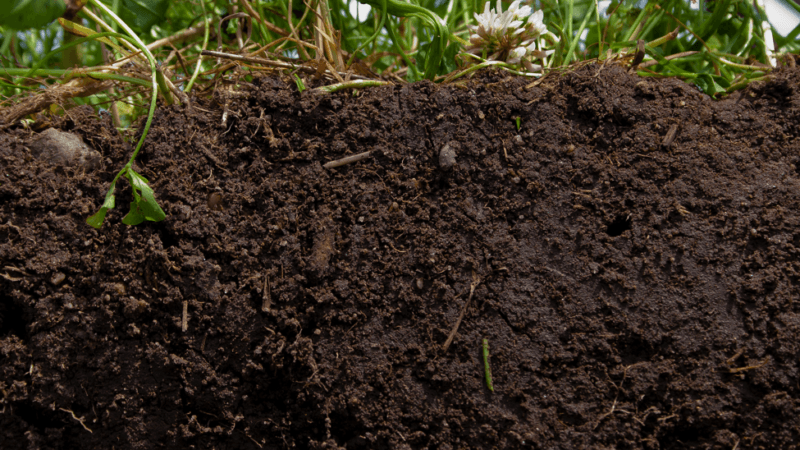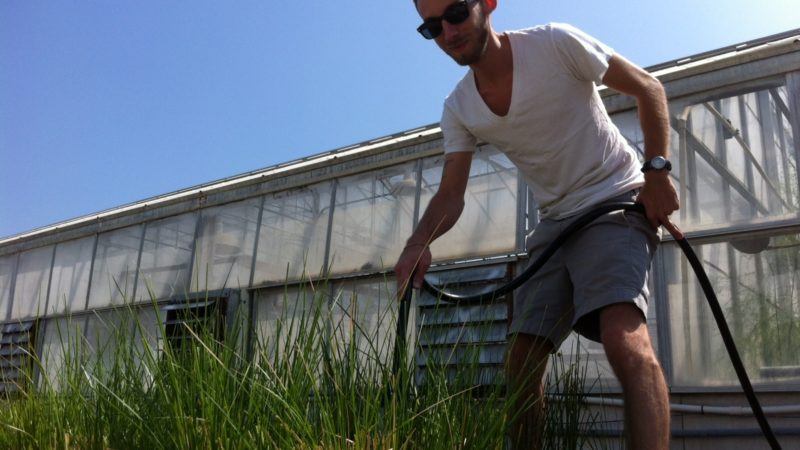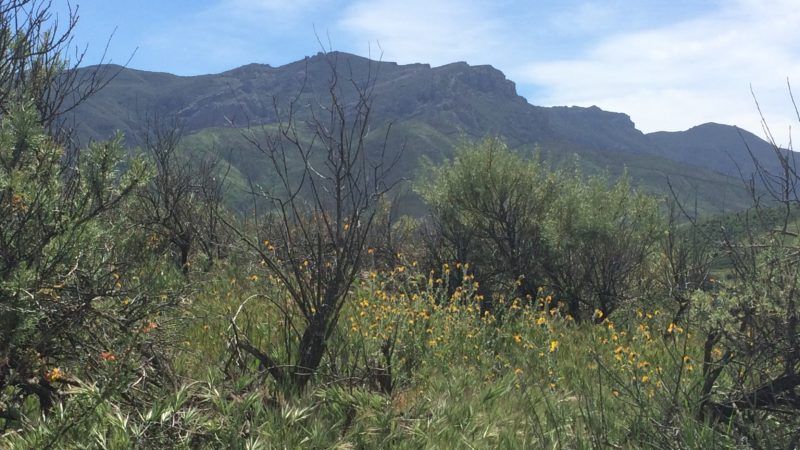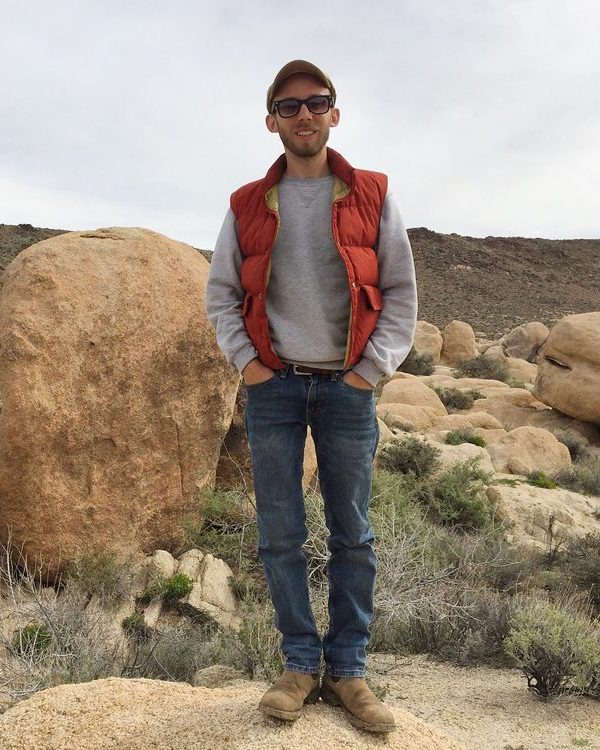
Justin Valliere was a La Kretz Center Postdoc from 2016-2019. He is now an assistant professor at UC Davis Cooperative Extension
I am a plant ecologist whose research is motivated by a passion for conservation and an interest in the processes that determine plant community composition. Multiple factors of global change, such as biological invasions, nitrogen (N) deposition and climate change pose a significant and growing threat to native ecosystems. A major challenge in conservation also continues to be bridging the gap between science and management. The goal of my research is to explore the impacts of human-caused global change on plant communities, identify mechanisms of change and inform land management and restoration. By studying disturbed and novel ecosystems, I aim to better understand the processes driving community assembly, while building on our capacity to predict changes under future global change. My research approach integrates biogeochemistry, community ecology, ecophysiology and soil ecology, and I utilize observational studies, manipulative field experiments and greenhouse studies to test hypotheses at multiple scales.
I earned my Ph.D. at the University of California, Riverside, studying ecological impacts of anthropogenic N deposition and drought on California’s severely threatened coastal sage scrub plant community. Currently, I am pursuing two major research projects. The first is an exploration of potential adaptation to N pollution and climate in invasive plant species of southern California. The other aims to evaluate methods for restoring native plant and soil microbial communities of invaded and disturbed ecosystems that will be resistant to drought and re-invasion.


